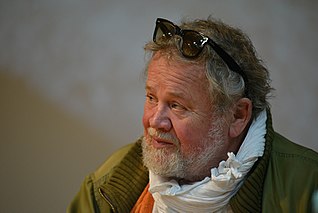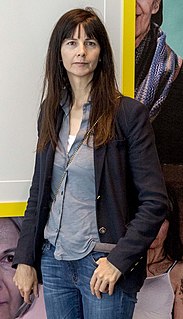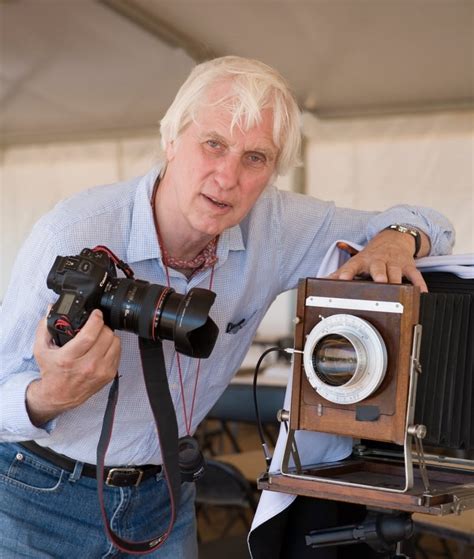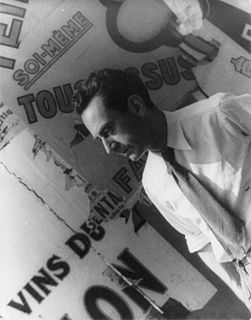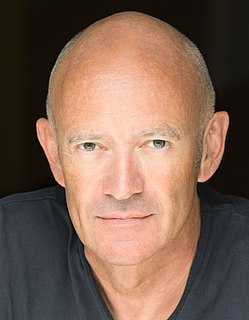A Quote by Antonin Kratochvil
You should never use the camera to make your pictures. You use yourself, your experience to make the picture with the camera. Not the other way around.
Related Quotes
I have received the digital camera as a blessing. It has really changed my life as a filmmaker, because I don't use my camera anymore as a camera. I don't feel it as a camera. I feel it as a friend, as something that doesn't make an impression on people, that doesn't make them feel uncomfortable, and that is completely forgotten in my way of approaching life and people and film.
I have a genuine philosophy. I do not want to make negative pictures about people, and so I do everything I can to help make them feel comfortable in front of the camera. That is what is going to control your picture, because you are alone if your subject is not with you. And that's the simple answer to getting a good picture.
I think the equipment you use has a real, visible influence on the character of your photography. You're going to work differently, and make different kinds of pictures, if you have to set up a view camera on a tripod than if you're Lee Friedlander with handheld 35 mm rangefinder. But fundamentally, vision is not about which camera or how many megapixels you have, it's about what you find important. It's all about ideas.
Making photos is helpful of course to master the craft. To get comfortable with the camera. Learn what a camera can do and how to use the camera successfully. Doing exercises for example if you try to find out things that the camera can do that the eye cannot do. So that you have a tool that will do what you need to be done. But then once you have mastered the craft the most important thing is to determine why you want to shoot pictures and what you want to shoot pictures of. That's where the thematic issue comes to life.
You have to communicate on a much greater scale. With a camera, you can use the flick of an eye. On stage, a lot of other things are happening that can pull focus or energy. You're always thinking the same way, but you have to amplify your thoughts with the volume of your speech and the ways you use your whole body to communicate what you're feeling. It's a little bit different from film.
I like to be flexible in the way I take pictures. I do not use a tripod, and I move around in the crowd, of which I am myself part.... I try to preserve the dynamics of the street, and my way of using the camera tries to approximate as much as possible the way we see: focusing on details, opening up to wider angles, and composing all these very short, fragmented impressions into a larger mental picture.
